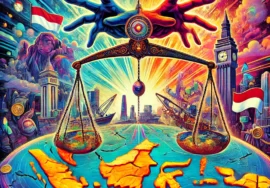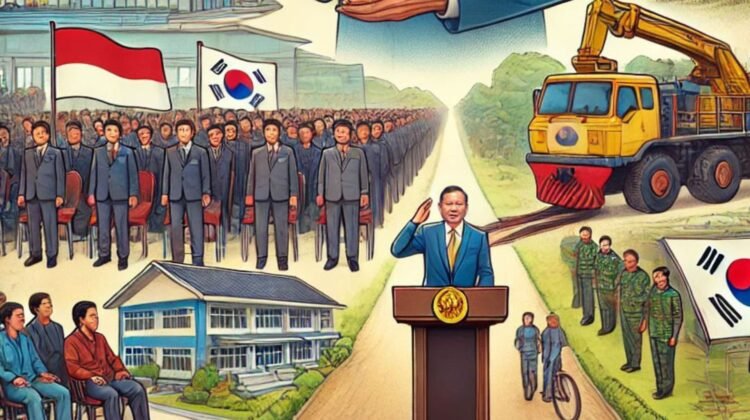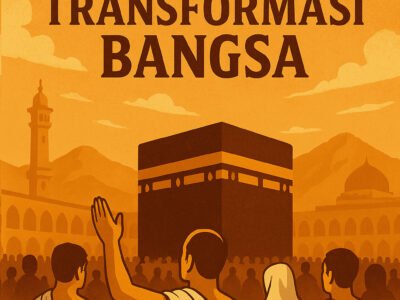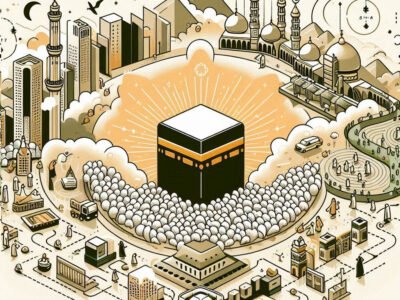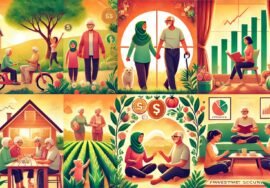The Acute Crisis of National Leadership
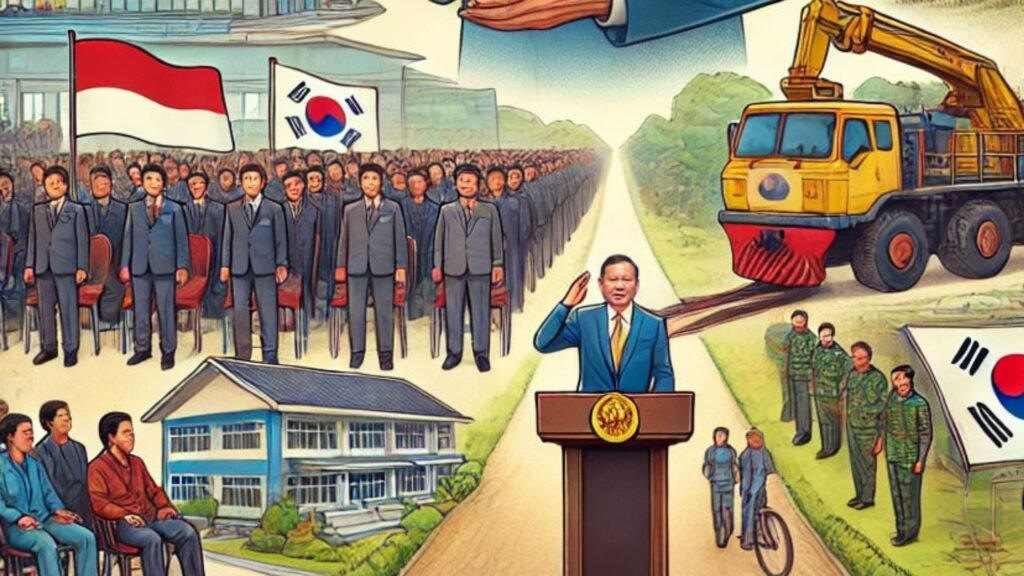
Is There Hope in the Prabowo Administration and the Regional Leaders to Be Elected in 2024?
By Legisan Samtafsir
It is now certain that the underdevelopment—and the various persistent problems plaguing our society and nation—are not due to a lack of natural resources, but rather the result of weak and poor national leadership. This is a tremendously important topic, yet sadly, it is rarely discussed. Important, because leadership is the locomotive that drives everything. And sadly, perhaps it’s rarely addressed because those who should be discussing it are themselves perpetrators of that failed leadership.
Reading Tempo’s special edition, 10 Years of Jokowi, published July 29, 2024, we are truly stunned by the naked exposure of the Jokowi regime’s leadership failures. Not only Jokowi, but also the political oligarchs, economic oligarchs, and bureaucrats who supported him. It is a harsh slap in the face for all of us. We, the Indonesian people, have been deeply unfortunate—unfortunate to have received such disgraceful leadership. Innocent citizens who cast their votes in good faith have been thoroughly deceived and are now paying the price, bearing the brunt of all the resulting consequences. It is both tragic and painful.
Thus, the eighteen (18) political sins of the Jokowi regime must be accounted for—both in this world and the next. The people must hold them to their promises and oaths; all the damages inflicted on the nation must be laid at the feet of those responsible. That would be justice for the people. Because due to their failings, many citizens have suffered—falling into poverty, broken homes, moral decay, mental illness, and even death.
Bad Leaders Produce a Broken Society
Imagine how damaged, and increasingly so, our national life has become:
Political dynasties and oligarchy — Haven’t these fostered nepotism in every sector of society? This undermines meritocracy and strips citizens of equal opportunity. Those without elite connections are severely disadvantaged.
Weakening of democratic institutions (Parliament, Anti-Corruption Commission, Constitutional Court) — Over the past decade, this has allowed corruption, collusion, and authoritarianism to flourish. Parliament has become a rubber stamp; the KPK a tool to target political opponents; and the Constitutional Court a means to legitimize political dynasties.
This sets a dangerous precedent. A legal system subservient to power, and an increasingly authoritarian regime, lead to public apathy and permissiveness. Pragmatism, opportunism, and transactional politics become the default behaviors of individuals and institutions alike.
The military’s expanding role in civilian affairs — Repeating the dark legacy of the New Order’s dual-function doctrine. According to Tempo, over 2,500 active-duty military personnel now hold civilian bureaucratic posts.
While the government hypes infrastructure projects—like the KCIC high-speed rail and the IKN capital city dream—in eastern Papua, hundreds of displaced Papuans remain unable to return home.
The collapse and commercialization of education, resulting in over 72,000 dropouts across elementary to high school levels.
Ten years of deepening police patron-client culture.
Politicization of the Attorney General’s Office.
Weakening of the KPK (again).
Failure to address human rights violations.
Mismanagement of the national budget.
Collapse of Bank Indonesia’s independence.
Dependence on Chinese debt.
Forcible imposition of the IKN project.
Environmental degradation.
Failure in foreign diplomacy.
Worsening agrarian conflicts.
Criminalization in the name of National Strategic Projects.
Shrinking civil liberties.
The Tempo report should serve as a wake-up call for the Jokowi regime and all its elite supporters. There is no greater failure in a country than the failure to govern it properly. The Prophet Muhammad (peace be upon him) said, “There is no greater betrayal than that of a ruler betraying his people.” (HR. Muslim, No. 3272)
Are all these failures considered betrayals? At the very least, the perpetrators should feel deep shame—for failed development, for the death of democracy, for the decline of the state, and for the suffering of the people. Because truly, it is the ordinary people who suffer the most, uncertain of when their fate will improve, or when this deterioration will end. Yet the ultimate goal of building a nation is nothing less than to bring prosperity, protection, and enlightenment to its people.
Is There Hope in the New Prabowo Administration and the 545 Regional Leaders to Be Elected?
On what basis do we place our hope? What arguments support the belief that a brighter, more glorious future awaits? Or will the people remain trapped in hardship? Hope is important—but will data and facts support that hope? What gives us reason for optimism?
If pragmatism, opportunism, materialism, and nepotistic political and economic oligarchies continue to dominate the 2024 local elections—and especially the selection of cabinet ministers under Prabowo—then the chances of getting leaders with competence and integrity are slim. In that case, true national reform would be nearly impossible.
If the 18 “deadly sins” of Jokowi’s regime outlined by Tempo are simply ignored, left uncorrected, or even continued by the new administration and local governments, we will face an even deeper, prolonged national crisis.
However, if the new Prabowo administration turns to defend the people, undertakes comprehensive transformation, and reverses the damage done under Jokowi’s rule, then a brilliant new hope for all Indonesians could emerge.
That is the hope we all hold. Those elites who enabled the failures of Jokowi’s leadership must now change course. And if the Prabowo government is willing to correct what was wrong, and invite the full participation of the people in rebuilding, in ensuring justice and prosperity, in protecting and enlightening the nation, and in contributing to global peace, then the vision of a Golden Indonesia 2045 will truly stand on solid ground.
Fa’tabiru ya ulil albab — So reflect, O people of reason.
